Rob Henry shares valuable reminders on the small things we can do to improve mental wellbeing in practice for ourselves and our colleagues.
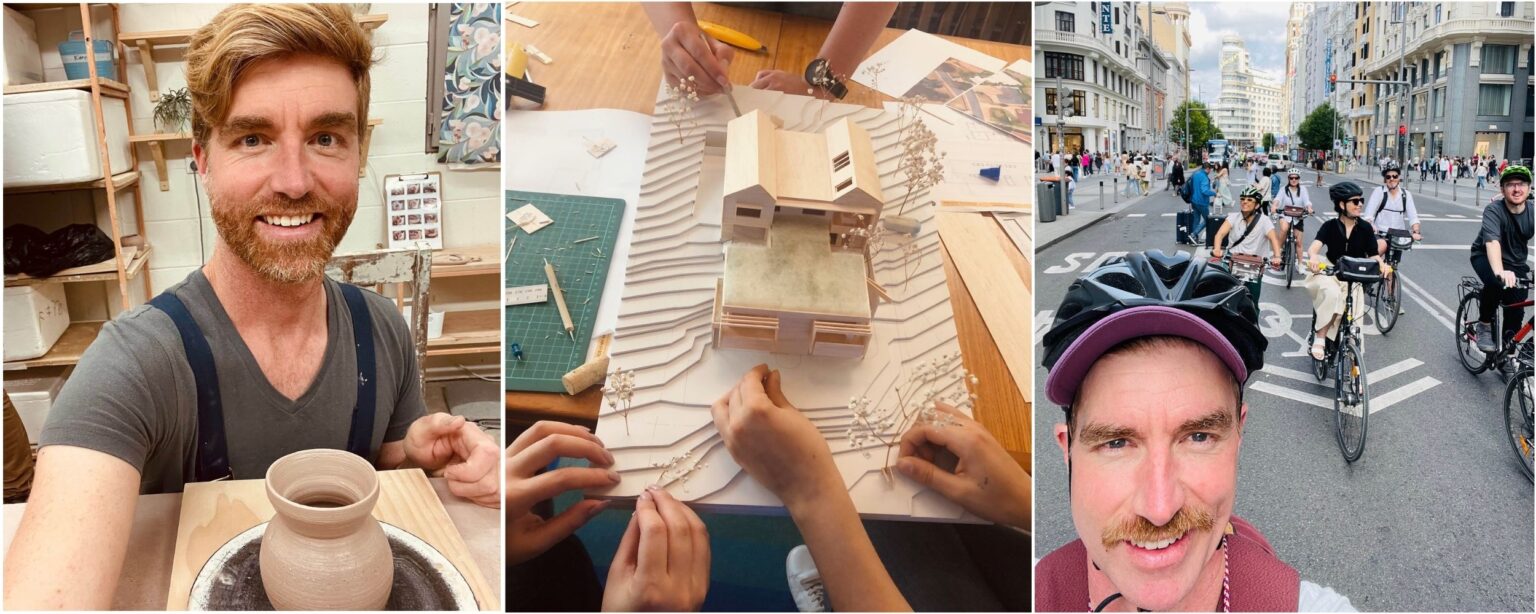
When aiming to support good mental wellbeing outcomes within practice, it can sometimes be hard to know where to start, what to provide, and how to deliver it. If you’re from a small practice, resources that larger practices can afford to provide seem harder to deliver on a smaller scale. But small business has the potential benefit of a closer connection with your colleagues, which can be used to your advantage.
Improving one’s mental wellbeing starts with retraining the brain to think differently. There are many ways this can be done and there are a series of Re words that might offer assistance in the process.
Recharge
Just like an electric car needs to recharge to travel to its next destination, so does your brain. One good way to recharge the brain is to do some physical activity. Take a walk around the block, go for a short bike ride on the office bike, spontaneously do some star jumps at your desk. When others see you doing this, they are likely to also get involved.
A few good lunchtime group activities include desktop yoga (plenty of online services for this) or signing up with your local Tai Chi club to do some classes. There are also organisations that do fun-runs and triathlons, which can be a great team-bonding exercise. It is also important to consider healthy eating in the workplace as a means of recharging. Get into the habit of eating at a table (inside or outside) with others – be it colleagues, or a family member or friend you’ve invited to come visit.
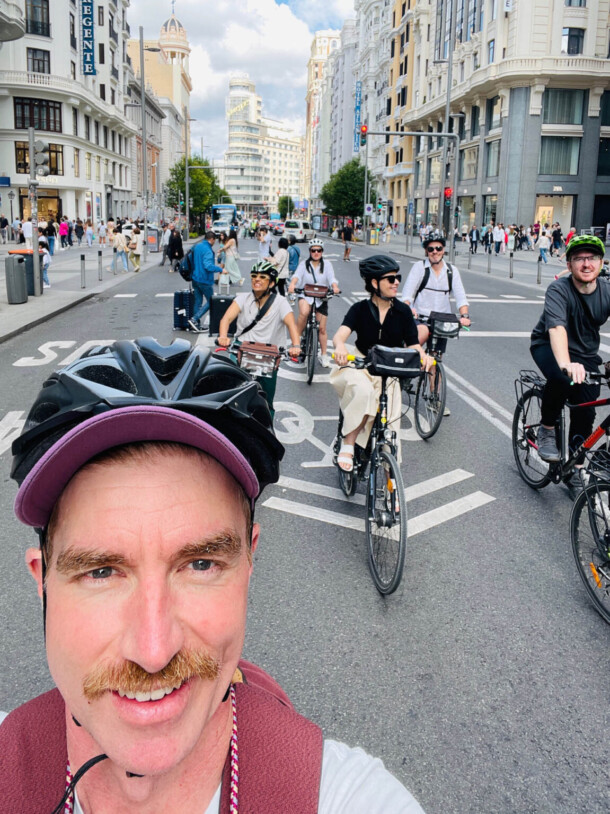

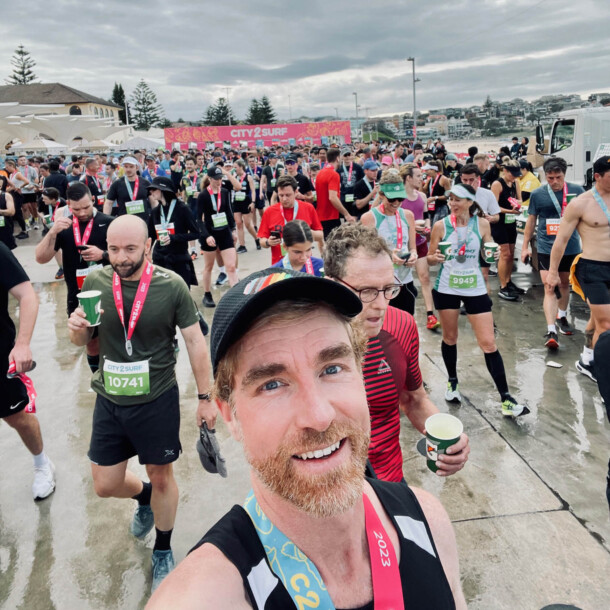
Relax
This is an easy one. All you have to do is stop everything and do nothing. It’s important to switch off the brain for a bit. And don’t forget to switch off the phone in the process. Removing yourself from devices and distractions is key. Meditation is a good source of relaxation, as is simply sitting in the sun, closing your eyes, and listening to nature. Doing this for 15 minutes can be enough to get you through the afternoon.
Rearrange
All the data is out there about how the space you occupy affects your mental wellbeing and productivity. Creating a new or refreshed space to work in has many benefits. It’s as simple as rearranging your desk. When you sit back down, it’s like you’re in a new work environment. You’ve not only made it cleaner, but you’ve also decluttered your life and organised things more efficiently, and possibly even found some things you’d lost! You may not have the opportunity to get drastic and rearrange the whole office, but maybe think about asking a colleague if they’d be up for a temporary shift, or even do a simple relocation of your computer on the desk to allow a new view or outlook.
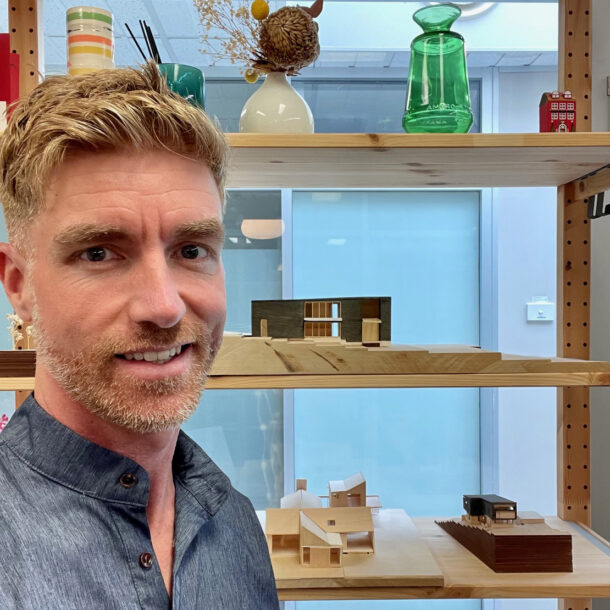
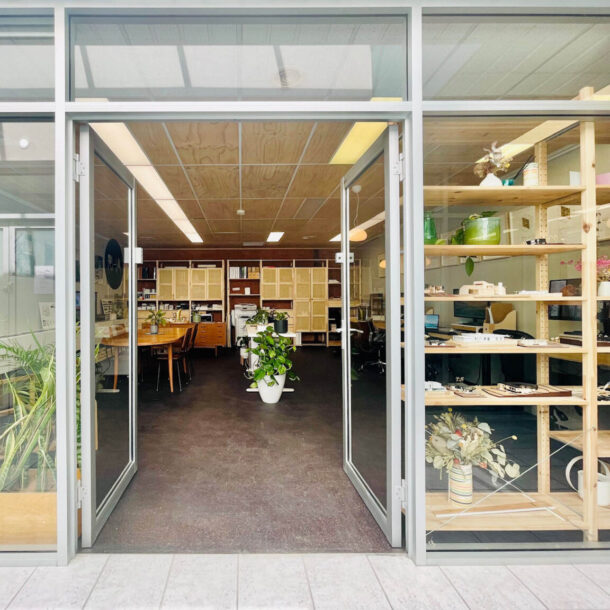
Resist
There is always the urge to do more. Consider the value of doing more. If more leads to stress and anxiety, that’s a clear sign you have enough on your plate. Politely say “no” or “not now”. Resisting the urge to do more is just as relevant in your social life as your work life. You need to create a balance. Stop filling up your calendar with coffee dates. Resist the temptation.
Rewind
It can be helpful to sometimes hit the rewind button and go back to the start. Our brains can get fixated on things. We are normally excited and energised about a task at the start, so if you rewind to that moment, there will be clues there to help you get a healthy mindset back.
Re-educate
This is quite an important thing to focus on. We tend to have a fixed mindset with thoughts like “this is what I learned, so this is the right way to do things”. However, we should always be training the brain with new methods and principles in achieving our goals and our work. An obvious way to do this is through continuing professional development (CPD). Another avenue is by throwing yourself into different work-related and social settings than you are used to. You will learn a lot from new acquaintances – people who aren’t your friends and colleagues.
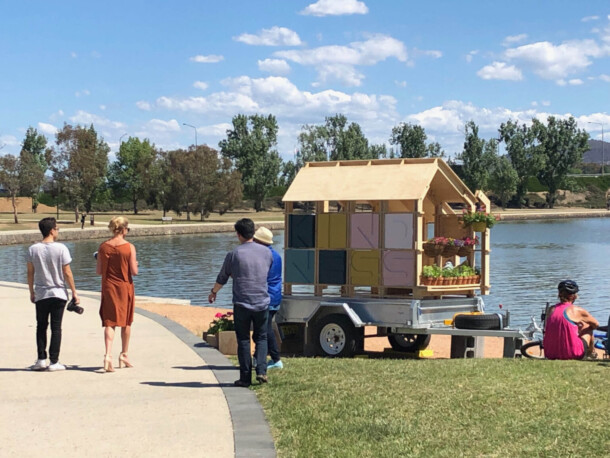
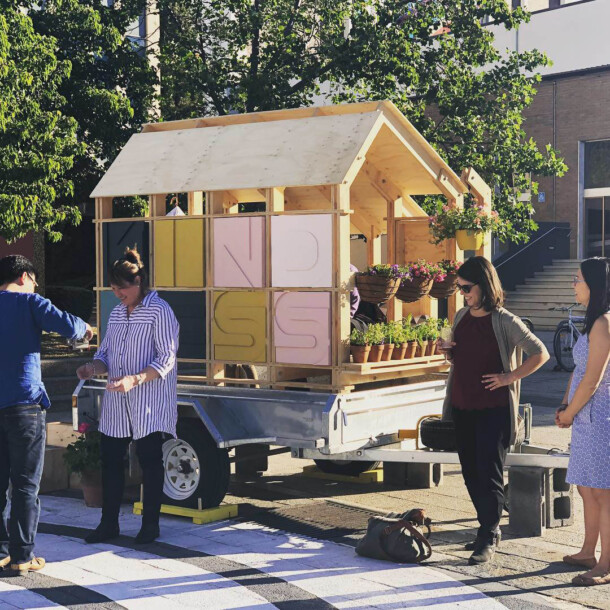
Rekindle
This is a word less frequently used but offers a great mental reset. We sometimes get swept away with the everyday and forget the yesteryears. Take a look into your past, maybe back to childhood or your time at university, and find some memories of things you used to do that you enjoyed. It might be swimming, pottery, watching Nan knit a jumper, crafting away on an architectural model. Once you find that fun thing, go do it again – even if you are not good at it. It will be a nice switch-off from the daily grind, and you’ll be surprised at how stirring up a past happy moment can actually rekindle your joy in all aspects of your life, including work.
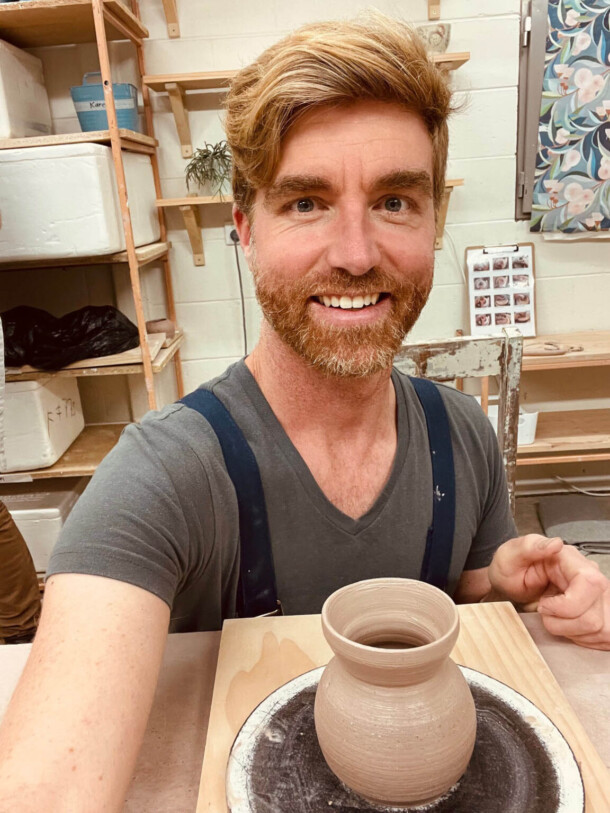
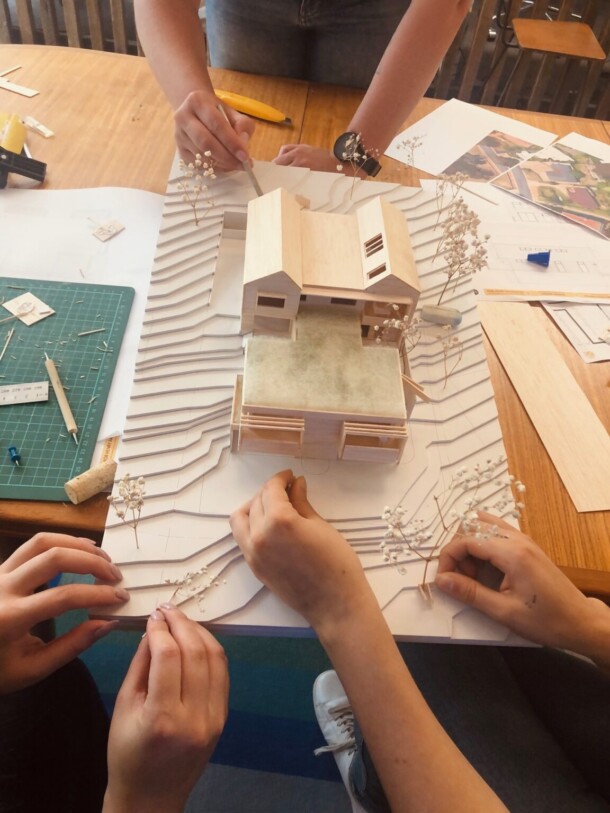
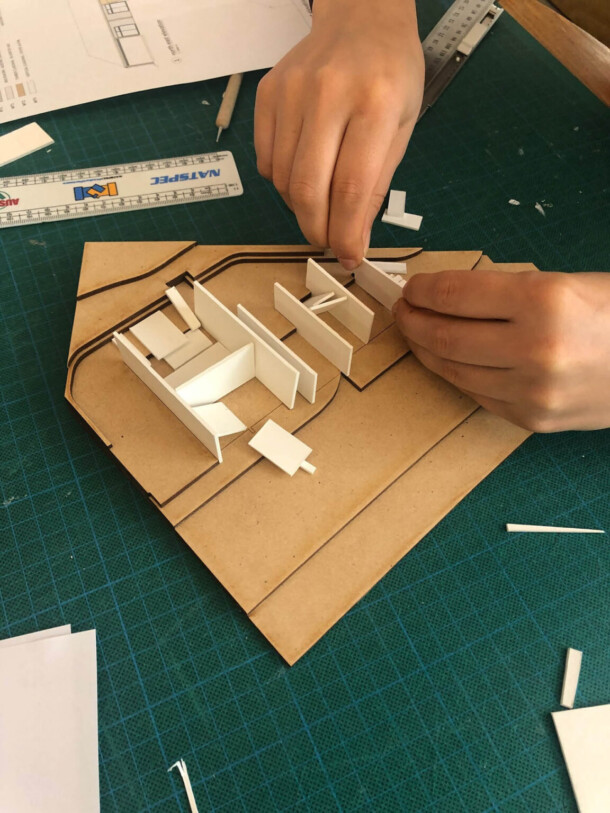
Refocus
Don’t be afraid to completely stop and take a good look at the situation. Write a list of pros and cons to draw out what needs to change. If you keep going without a pause, you might end up wasting a lot of time or even missing a great opportunity. You can refocus on a task, or even on a career.
Reset
It can take a great deal of bravery to push the reset button and clear out all the cache that you’ve built up over time. When you reset a computer, it goes back to the factory standards. Importantly, you don’t lose everything, and you have the power to install all the good stuff again. In a career of architecture, one can get to a point of feeling ‘over it’. However, the education of architecture sets you up with many transferrable skills and opportunities to pivot your career into different areas. Don’t be afraid to use your skills in ways different to what you have now, be it working on a different typology of architecture, moving into advocacy, policy or education, or even shifting into other aligned fields of the built environment, such as urban planning, landscape design or construction management.
To be honest, the list of Re words could go on. There are so many ways to look at improving your mental wellbeing in the workplace, and every person requires different tweaks to find that balance. Hopefully this article helps you reignite your passion in what you do and give you some ideas on ways to rebuild yourself so that you can continue to thrive within architecture.
Rob Henry is an Architect, Director of Studio Heim, and current Executive Director of the Australian Institute of Architects ACT Chapter. This article is based on a presentation Rob gave at an online Architects Mental Wellbeing Forum event, facilitated by the ACA.




















